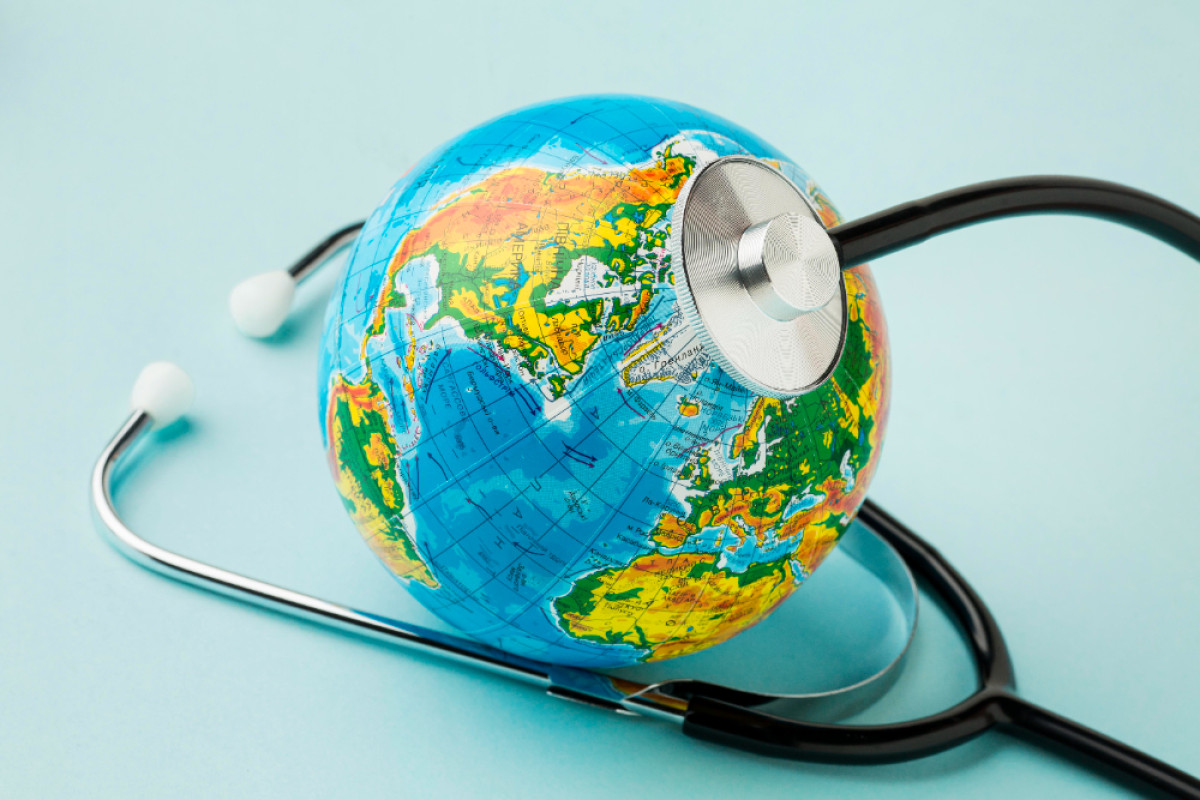Background
Countries in the Southeast Asia region are facing rising public health risks due to climate change, such as heat stress, vector-borne diseases, malnutrition, and migration. At the same time, healthcare waste management remains a major challenge, exacerbating both environmental and health issues. To tackle these growing concerns, a coordinated multisectoral effort was needed to foster an integrated approach linking health and climate action. Primus Partners collaborated with an international health organization in the Southeast Asia Region, to drive the adoption of health-climate linkages across 11 member states through a targeted multisectoral approach.
Approach
Primus Partners provided strategic support in preparing a Discussion Paper and multisectoral briefs aimed at initiating cross-sectoral conversations on health and climate action across the Southeast Asia region. Key elements of the approach included:
- Document Preparation: Developing a Discussion Paper and sectoral briefs to highlight the intersection between health and climate, thus promoting an integrated approach for future actions.
- Stakeholder Engagement: Collaborating with over 200 stakeholders from across sectors to foster multisectoral partnerships and develop targeted recommendations for climate-health interventions.
- Knowledge Creation: Analyzing 100+ regional documents to identify climate-health linkages and outline sectoral priorities for each member state.
- Strategic Monitoring: Designing 10 monitoring indicators to track the progress of multisectoral health-climate initiatives under the Male’ Declaration and WHO’s Global Strategy.
- Regional Synthesis Report: Compiling the findings and achievements of 11 SEA member states into a comprehensive Regional Synthesis Report, providing strategic recommendations for future climate-health resilience efforts.
The Benefits
- Multisectoral Collaboration: The project catalyzed cross-sectoral cooperation between public health, environment, and waste management entities, creating a foundation for comprehensive climate-health action plans.
- Enhanced Regional Preparedness: With stronger multisectoral ties and climate-health interventions in place, the Southeast Asia region is now better equipped to respond to climate-induced public health challenges, including diseases and migration.
- Improved Healthcare Waste Management: The development of improved waste management strategies helps mitigate environmental impacts and enhances the overall resilience of healthcare systems.
- Strategic Progress Monitoring: By setting up a framework for tracking the region’s health-climate initiatives, countries can now regularly assess their progress and make informed adjustments.


